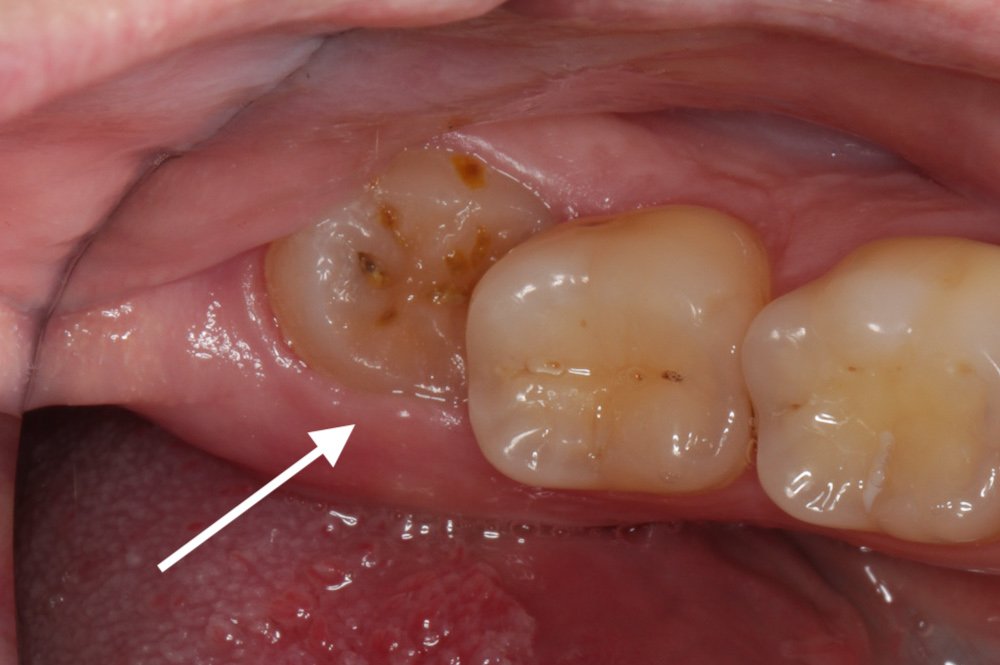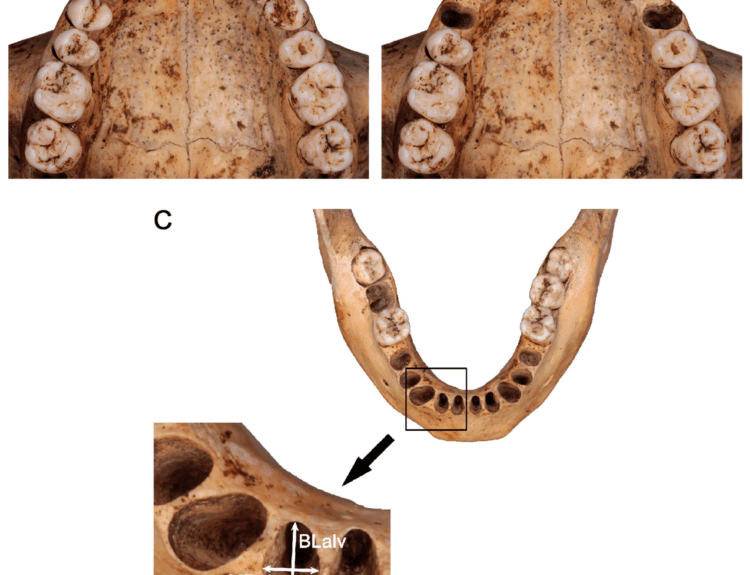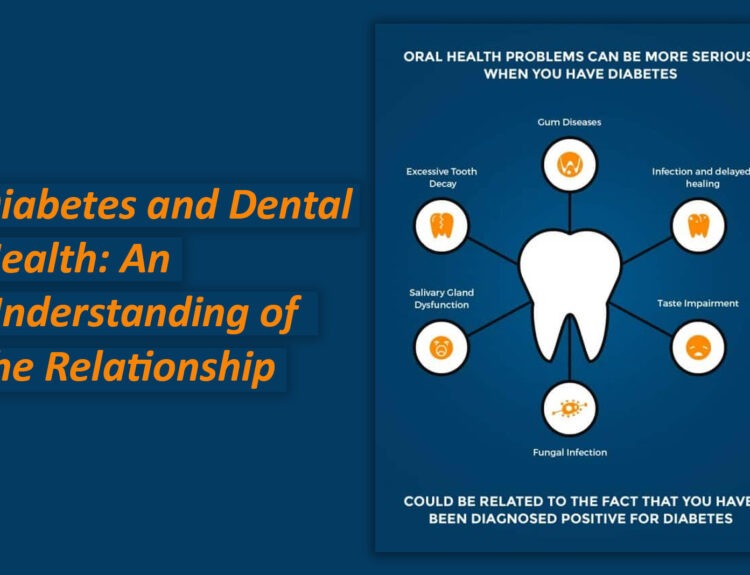Wisdom tooth extractions can be complex and more challenging in individuals with certain pre-existing conditions. These conditions may complicate the procedure due to various factors. They include increased risk of infection, difficulty in achieving anesthesia, or anatomical complexities. Following are some pre-existing conditions that can make wisdom tooth extraction more difficult:
Impacted Teeth: Wisdom teeth that are fully or partially impacted are harder to remove, especially if they are positioned horizontally or at an angle.
Bizarre Root Anatomy: Teeth with curved, hooked, or fused roots can be more difficult to extract. Roots that are close to or wrapped around the concerned nerve also increase the risk of nerve damage.
Bone Density: Dense bone surrounding the tooth can make wisdom tooth extractions more challenging.
Proximity to Vital Structures: Wisdom teeth located close to nerves (e.g., inferior alveolar nerve in lower jaw), sinuses (in the upper jaw), or adjacent teeth can complicate the extraction process.
Jaw Anatomy: A small jaw or limited mouth opening can make access to the wisdom tooth more difficult.
Temporomandibular Joint (TMJ) Disorders: Patients with TMJ issues may have limited jaw mobility, complicating access to the wisdom tooth.
Previous Dental Work: Adjacent dental work, such as crowns, bridges, or implants, can complicate the extraction process.
Bleeding Disorders: Conditions like hemophilia or use of blood-thinning medications (e.g., warfarin) increase the risk of excessive bleeding during and after the procedure.
Diabetes: Poorly controlled diabetes can impair healing and increase the risk of infection.
Osteoporosis: Weakened bones may complicate the wisdom tooth extraction process complex.
Immunocompromised States: Conditions like HIV/AIDS or chemotherapy can increase the risk of infection and delay healing.
Infection or Inflammation: Active infection or inflammation around the wisdom tooth makes the procedure more complex and painful.
Anxiety or Medical Phobias: Patients with severe dental anxiety or phobias may have difficulty cooperating during the procedure, making it more challenging for the dentist or oral surgeon.
Pregnancy: While not a contraindication, hormonal changes during pregnancy can increase the risk of complications, and elective procedures are often postponed until after delivery.
In such cases, a thorough evaluation, including imaging (e.g., X-rays or CT scans), is essential to plan the extraction carefully. Referral to an oral surgeon may be necessary for complex cases.







